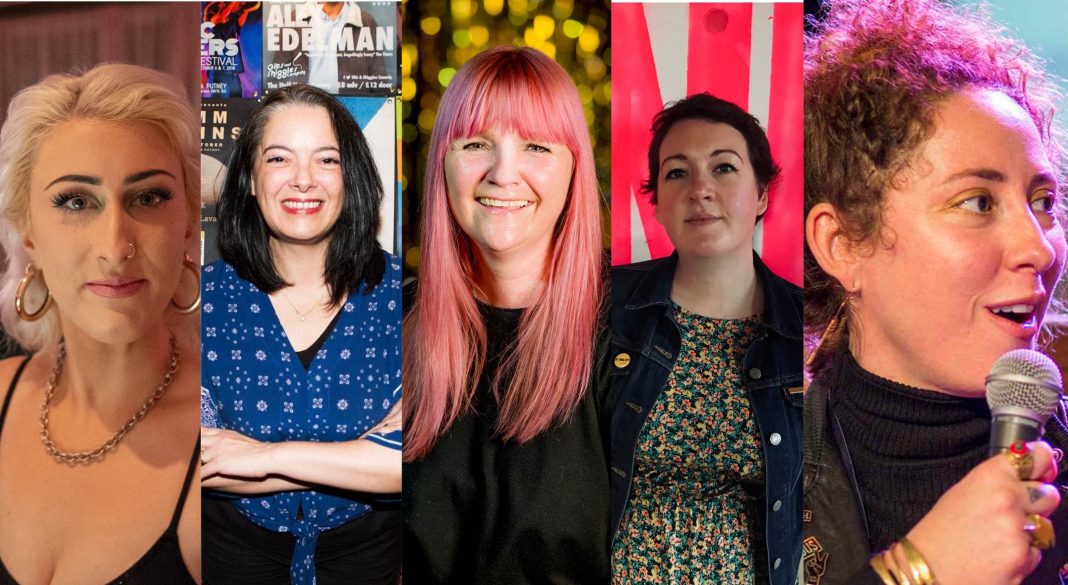If you’re reading this, we probably don’t need to tell you what a thrill it can be to hear music live. Whether you’re excitedly camping out for your fave, launching a fan project or hanging out at your local space in the hope of discovering new, being at a gig is often the moment where the lightbulb switch of fandom really goes off.
And yet, in 2024, it appears that we might be losing some of that feeling. In a recent report, Music Venue Trust reported that over 125 UK venues stopped providing live music last year, and over half of them shut entirely. With numerous factors at play — the pandemic, Brexit, noise complaints, rising rents, changing consumer habits and plenty more besides — Britain’s reputation as a world-leading exporter of music is under significant threat, offering less and less space for emerging artists to hone their craft.
Despite these dire statistics, there are many music lovers up and down the trying to do things differently — including several industry-leading women. In 2013, Sybil Bell set up Independent Venue Week, wanting to champion the diverse ecosystem of gig spaces up and down the country.
“Having owned a venue and managed a band and worked at various trade bodies and organisations in the music industry, it was very clear that we took these places for granted,” Bell says. “The people that work in them are so committed to having a cultural space for the local community, but the only time I ever saw recognition for that was competitions for ‘best venue’, which sat really badly with me”.
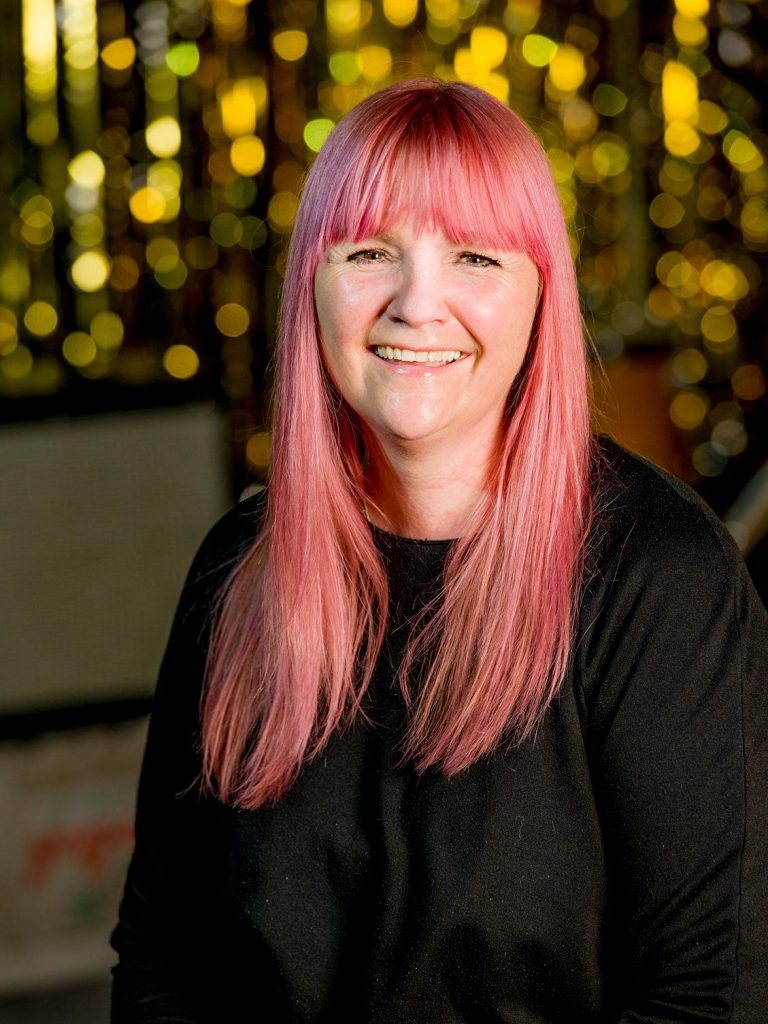
Using Record Store Day as a model, Sybil proposed a calendar week that aimed to celebrate all indie venues equally. “Lots of people know about the big venues in London, Leeds, Manchester and Glasgow, but there are so many magical spots around the country that are in the villages and towns too. We should be bringing arts and culture to local communities in every nook and cranny of this country.”
Running between January 29 and February 5 2024, IVW makes a huge difference in raising awareness around gig venues, encouraging people to get into good gig-going habits for the rest of the year. With numerous acts on board including 2024 ambassadors English Teacher and Brooke Coombe, it’s a great opportunity to catch bigger acts in smaller spaces, and a welcome feat of positivity amidst the statistical doom and gloom. However, there can be no denying that the pressures put upon independent music businesses are only amplified when you consider further marginalisations of gender.
In an industry that tends to devalue women artists and women-led fandoms (even despite the huge purchasing power that ‘fangirls’ can have), representation can be hard to come by, cutting off the degree to which women or non-binary fans may feel truly welcome in their local live space. At present, it is estimated that only 10% of the country’s independent venues are owned or run by women, and many of these owners will openly admit that the struggle to forge financial partnerships and be taken seriously in the industry feels like an added insult on top of the everyday pressures of keeping a venue afloat.
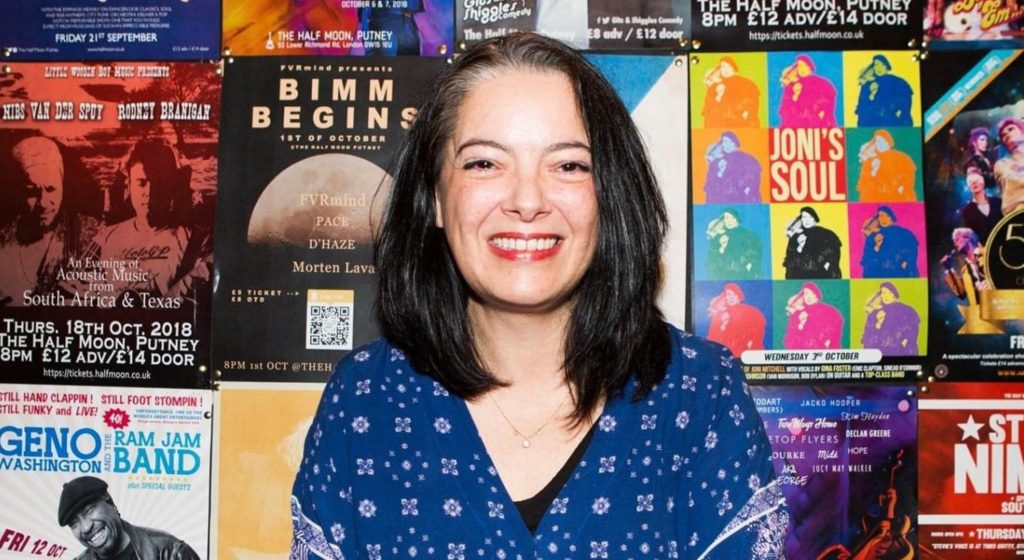
“Our industry has always been male-dominated in senior roles, which makes a lot of women feel less welcome,” says Nina Jackson, venue manager of The Half Moon in Putney. “I know talking to female artists they feel this when coming into venues or studios with an all-male environment, and there are gendered barriers which seem to stem from some audiences being slightly less receptive to all female bills too.”
For Dominique Frazer, founder of The Boiler Room in Guilford, the biggest stress is the frustration of “constantly having to still justify why spaces like this are really valuable and important to our cultural landscape. We’re not just a stage where people come and watch a gig and go home: people who come to our venue express themselves and explore who they are. So it’s more of a question of if you didn’t have those spaces, where would you go? Personally, where I live, I don’t know many other places that I would feel this comfortable in.”
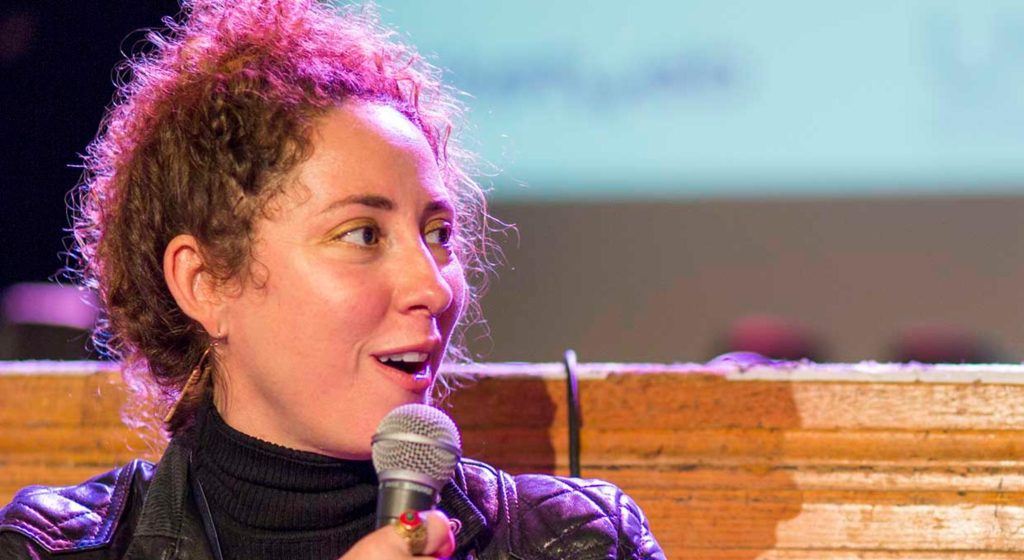
Whilst times are tough, all the female owners that The Forty-Five spoke with were keen to emphasise that there is still hope for those willing to think smart. One significant pivot, it seems, is in recognising that gig venues can no longer just be for evenings; instead, there is real potential to turn them into spaces that service a more holistic sense of community. Initially scheduled to open in April 2020, Cath Hurley and the team at Future Yard in Birkenhead realised that there was a key opportunity not just to put on shows, but to offer support to all those people who either wanted to work in the music industry after the pandemic or who needed to reconsider their transferable skills.
Today, Future Yard run not as a ‘typical’ music venue, but as a kind of one-stop educational hub, taking particular care to empower women and other folk from marginalised or underprivileged backgrounds. “Even before we’d opened to the public for gigs, we were piloting schemes on training to be event managers, box office liaisons, sound engineers,” says Cath. “Since 2021, we’ve been platforming local musicians and working closely with creatives to navigate their careers, despite the current mess of the music industry.”
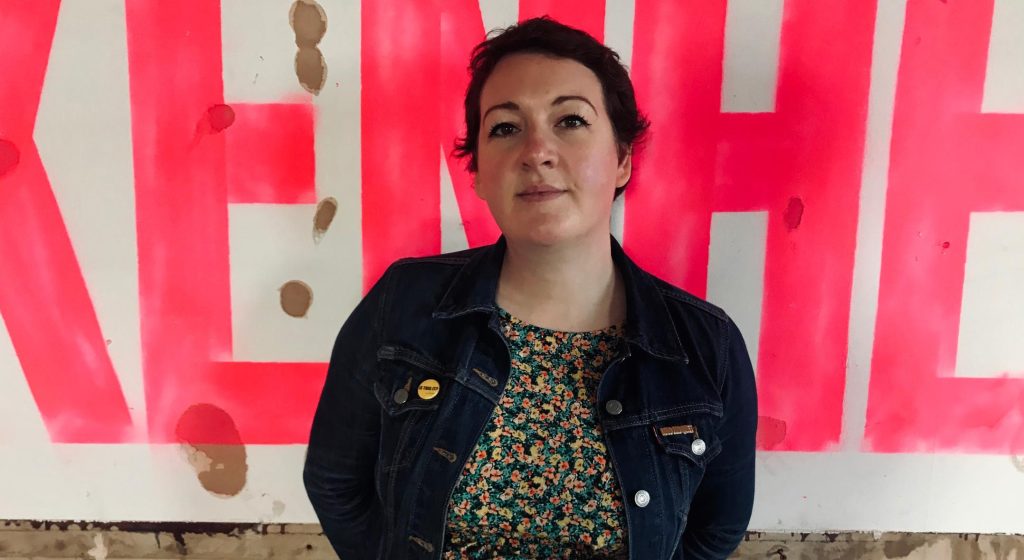
Whilst Future Yard does book shows from well-known acts, Cath believes that this local sensibility is just as important as ‘breaking’ the big names of the future. “We hear MPs talking about the live music sector in Parliament as a stepping stone, but not everybody that plays at a grassroots music venue wants to be Ed Sheeran. Wherever it’s three-year-olds coming to our MoshTots gigs, a retired woman doing an open mic for fun or an aspiring songwriter looking for their professional break… all people deserve access to these spaces.”
Hurley makes an important point about value. ‘Success’ in music is different for everyone, and for independent venues to function at their best, they need space to take risks on music whose benefit might be more social than financial. With effective cash flow, the diversity of what venues can afford to promote can only improve, with positive implications for the overall pride that patrons can have in their local community. A chain of corporate-sponsored venues up and down and the country is all well and good, but it’s the quirks of an indie venue that help to make your hometown or city truly feel like its own thing, a place you want to properly hang out in rather than merely tolerating a couple of times a year for the sake of seeing your favourite band.
“Venues need that human touch to feel like a home,” says Immy Bawtree, Events & Venue Manager of Margate venue Faith In Strangers. “That’s how you make people feel like ‘Maybe I’ll come back and try that band I don’t know so well, because I like the venue and like what they do’. The difference that you see in people when they come in and you know their name, know what they’ve been at recently, know their favourite drink…when people feel comfortable like that, that’s when they feel comfortable enough to ask about doing their own set, comfortable enough to ask about getting involved in sound, comfortable enough to report an issue or make a suggestion of what we could do better.”
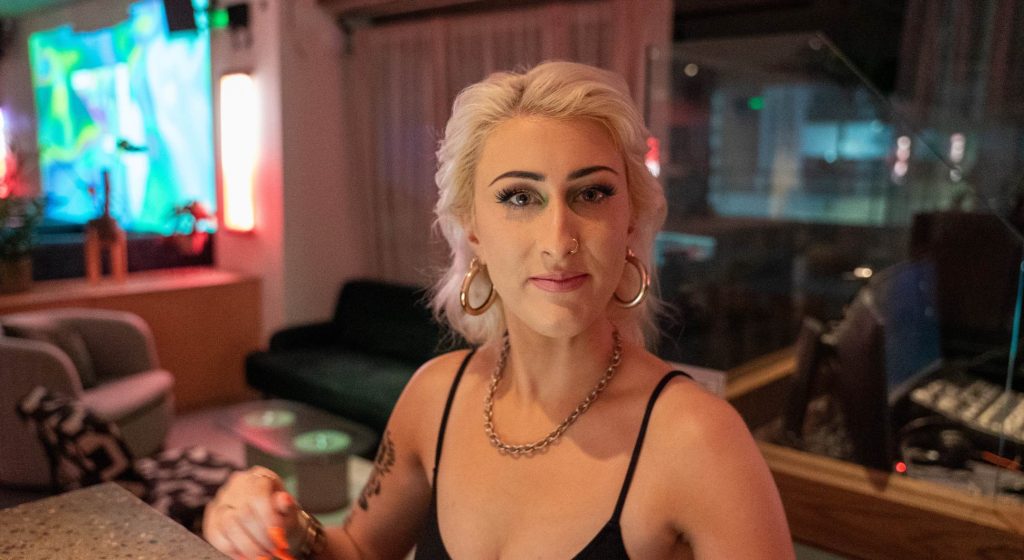
By thinking carefully about the customer experience, all of these women are doing their best to make their venues feel like good places to be. But with the best attitude in the world, there will always be the issue of money, and how much more could be achieved with suitable Government-level support. “Business rates, VAT, fuel levies… having better considerations within those areas would be unbelievably helpful,” says Dominique. “We’re battling a rates issue at the moment at The Boiler Room, and it’s a real struggle. Whenever I get thrown these curveballs, it just takes my attention away from doing what I do best, which is running an independent arts and music space.”
“It’s a real juggle; with a cost of living crisis everything is going up in price, but we still want to remain fair in our ticket pricing,” says Nina. “The Music Venue Trust is currently working on an initiative to add a £1 levy on all stadium tickets, which would then feed through to support the grassroots industry. Much like the Football Association have done for their grassroots clubs – it’s about supporting the whole ecosystem.”
While we wait for those hopeful changes to take effect, we as fans can be inspired by these women to take matters into our own hands. Budgets can be tight in January especially, but by getting down early for the support act, sharing your IVW picks with others or deciding to spend your stadium-gig budget on a few smaller acts instead, we can all play a part in using these spaces before they are gone forever. Independent Venue Week may be a start, but supporting your local indie venue needs to be forever.
“The best thing I can suggest is to be present,” says Sybil. “When you walk through the door of an independent venue it’s like real-life social media; you meet someone new, you look at the artwork on the wall, you see what people are wearing and what they’re interested in, and you discover some live music, all in a moment that can never truly be repeated. That feeling of running out of the venue and saying, ‘Oh my God, I’ve just seen the best band live and I can’t want to come back with all my mates’…there’s simply nothing like it.”


